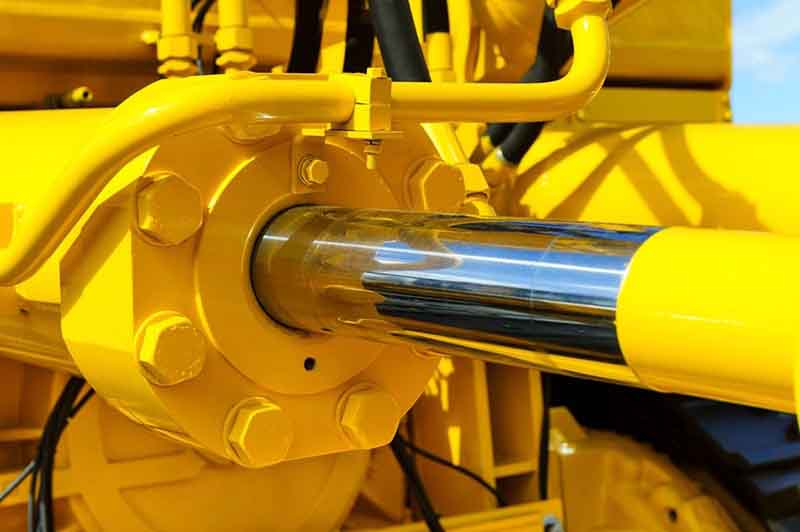Common causes of hydraulic system failure
Even the strongest, most resilient hydraulics systems fail from time to time. There are many reasons that could cause a hydraulic system to break down, many of which are preventable if carefully monitored and a pro-active approach rather than a reactive approach be taken. Here, in our latest blog, we go through the main…
Even the strongest, most resilient hydraulics systems fail from time to time. There are many reasons that could cause a hydraulic system to break down, many of which are preventable if carefully monitored and a pro-active approach rather than a reactive approach be taken.
Here, in our latest blog, we go through the main reasons why your hydraulic system might have failed.
Hydraulic Fluid Contamination
A leading cause of many hydraulic pump failures is hydraulic fluid contamination. Whatever the type of fluid being used, if it becomes contaminated with any dust, moisture or dirt, this can reduce the pumps ability to control system pressures. This in turn, can lead to overheating or a build-up in the system that causes the parts to seize and fail.
Air and water contamination are the leading causes of hydraulic failure, accounting for 80 to 90% of hydraulic failures. Faulty pumps, system breaches or temperature issues often cause both types of contamination.
Water contamination is also a common problem in hydraulic systems, often caused by system leaks or condensation due to temperature changes. Water can degrade hydraulic components over time through oxidation and freeze damage. A milky appearance in hydraulic fluid can help you identify water contamination.
Temperature Problems
Hydraulic systems that run too hot or too cold can cause severe problems over time. Some of these challenges include the following.
• Fluid thinning: Heat can cause hydraulic fluids to thin, preventing lubrication and making the fluid more likely to leak.
• Fluid oxidization: Extreme heat can cause hydraulic fluid to oxidize and thicken. This fluid thickening can cause build-ups in the system that restrict flow but can also further reduce the ability of the system to dissipate heat.
• Fluid thickening: Low temperatures increase the viscosity of hydraulic oil, making it harder for the oil to reach the pump. Putting systems under load before the oil reaches 70 degrees or more can damage the system through cavitation.
Poor heat dissipation is the usual suspect behind heat build-up, while environmental factors most often cause too-cool systems.
Human Error
Human error is the base cause of many hydraulic system problems. Some of the most common errors that may result in your hydraulic pump not building pressure include the following.
• Faulty installations: Improper installation of any component in a hydraulic system can result in severe errors. For example, the pump shaft may be rotating in the wrong direction, negatively affecting pressure build-up, or pipes may be incorrectly fitted, resulting in leaks.
• Incompatible parts: An inexperienced installer may put mismatched components together, resulting in functional failures. For example, a pump may have a motor that runs beyond its maximum drive speed.
• Improper maintenance or usage: Using systems outside their operational capabilities or failing to perform regular maintenance are some of the most common causes of hydraulic system damage but are easy to rectify through updated maintenance policies and training.
It is imperative that proper instruction and training is given to anyone that is using an application operated by a hydraulic system
Poor or irregular maintenance
Servicing is vital to keep a system running smoothly. It is important to ensure that the system’s oil and filters are changed appropriately. Poor or irregular maintenance could cause the system to become contaminated, increasing wear on the pump and associated equipment.
The suction hose between the tank and pump also needs to be in good condition and replaced if any sign of wear.
It is good practice to inspect a hydraulic unit regularly, checking the oil levels, cleaning up any spillages and reporting any defects immediately.
No matter what the application, hydraulic system failure is inevitable at some point. However, issues can be avoided if you ensure that you regularly follow all maintenance procedures and make certain that the appropriate components are installed or replaced correctly. If you would like more information on how we can help with your hydraulic servicing and maintenance please contact us at hos@hos.co.uk


